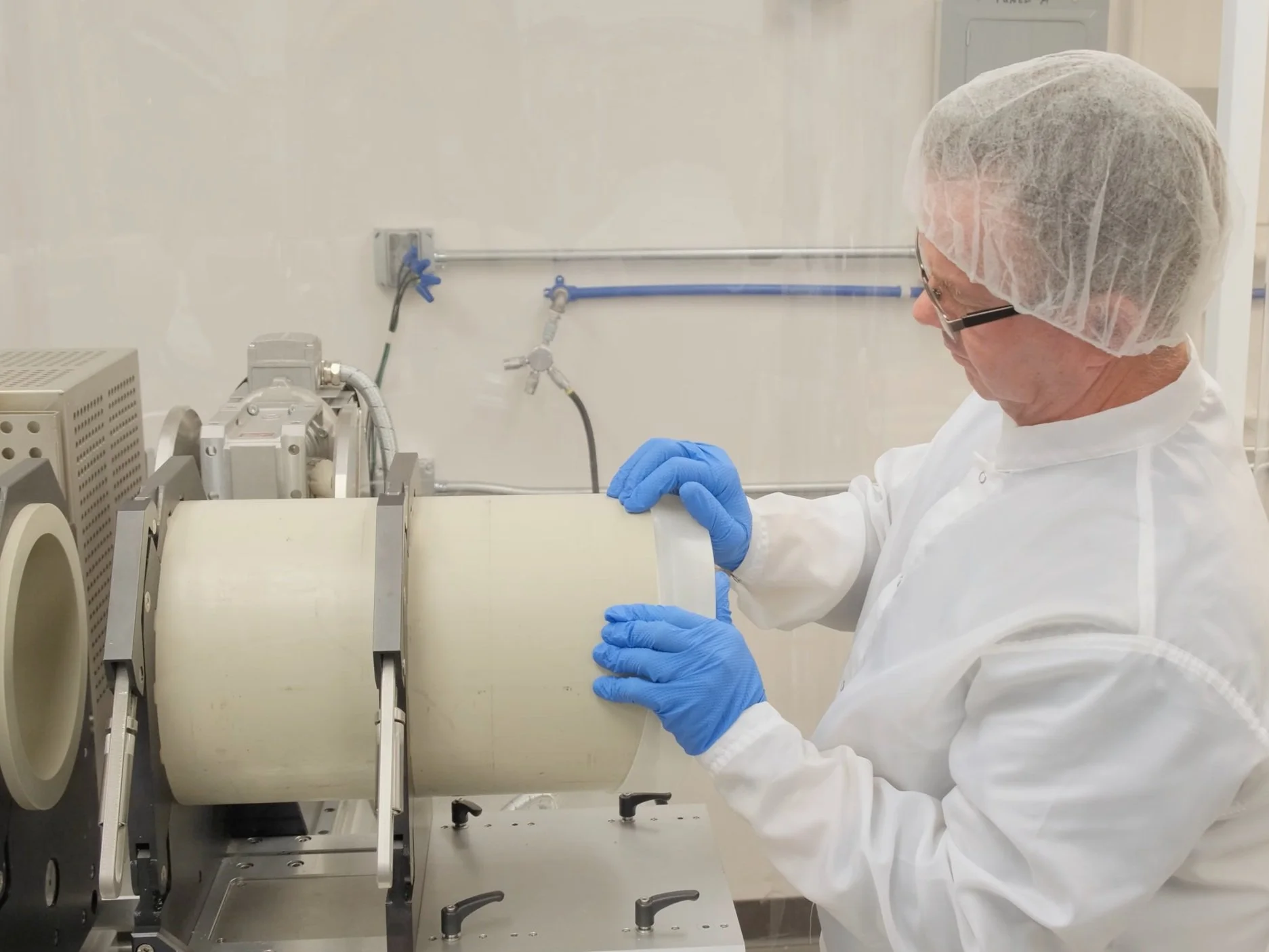Areas of Expertise
.
Thermoplastic Welding
Thermoplastic welding is a process used for joining pieces of plastic material using heat and pressure. Having the knowledge and experience with over 40 different types of plastics, structurally so products are manufactured to customer specifications using proprietary techniques for efficient production.
IR PFA Fusion
Specifically used with PFA components, Purebonding® is suitable for high-purity, high corrosive chemical handling applications where a permanent connection is required. It provides a rigid, leak-free piping system that is adaptable to other Entegris® and competitive style systems.
IR FUSION
Infrared Welding (IR) is the joining of two components (pipes, fittings, valves) that are heated to fusion temperature without contact to the heating element and joined by means of mechanical pressure using no additional materials. An extensive knowledge of the various plastic materials is required to achieve a quality result.









